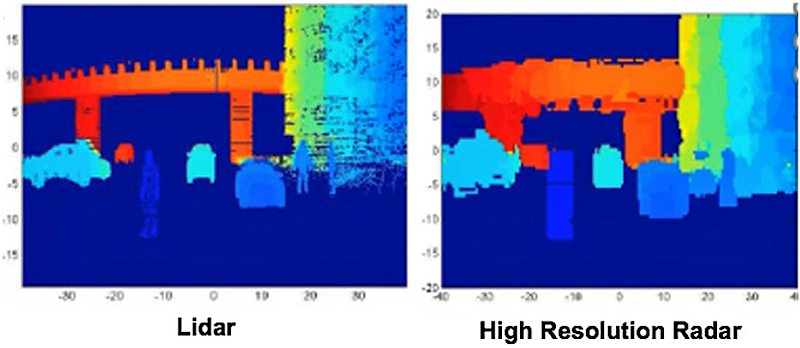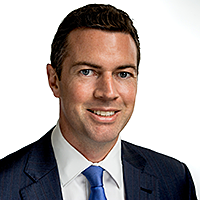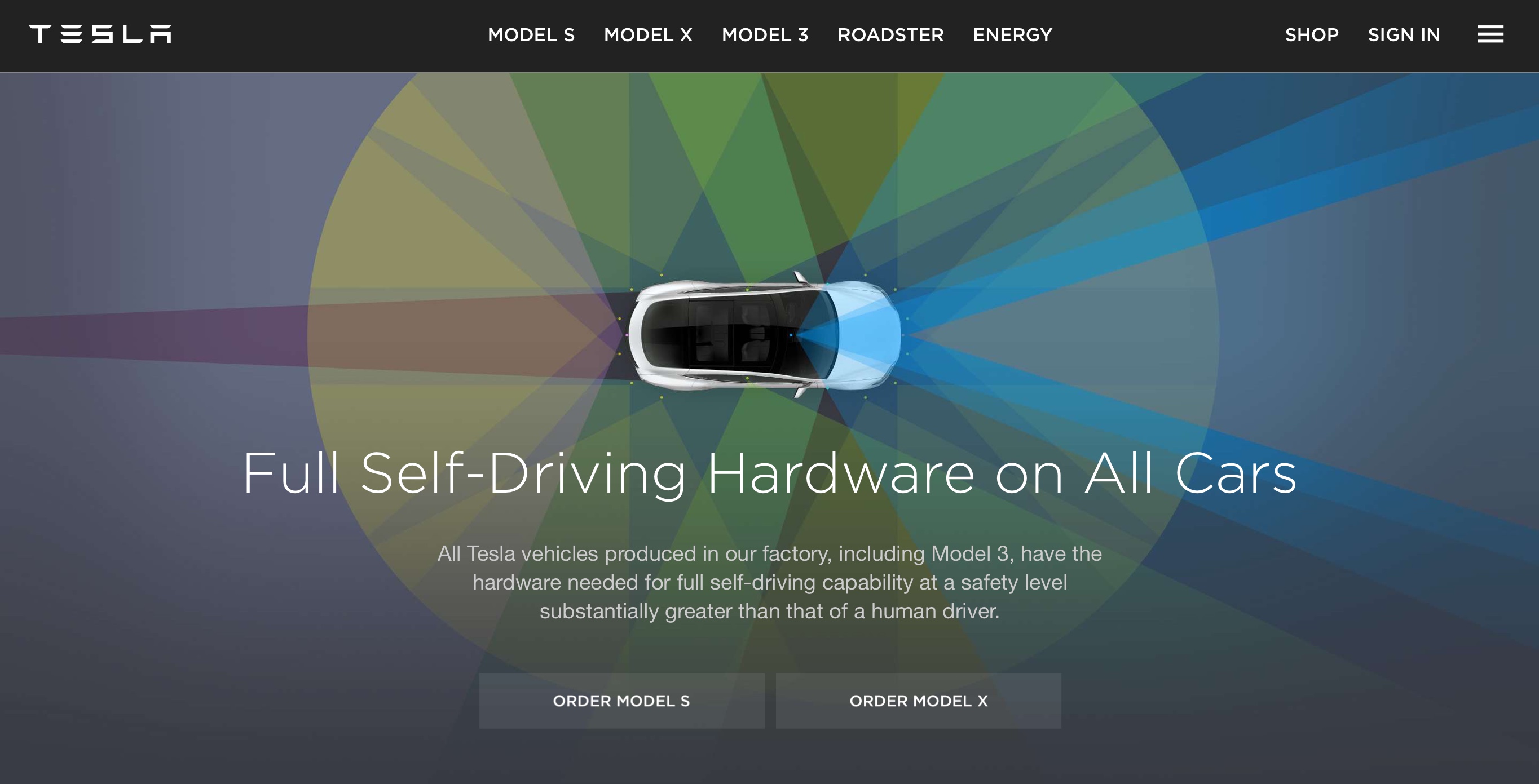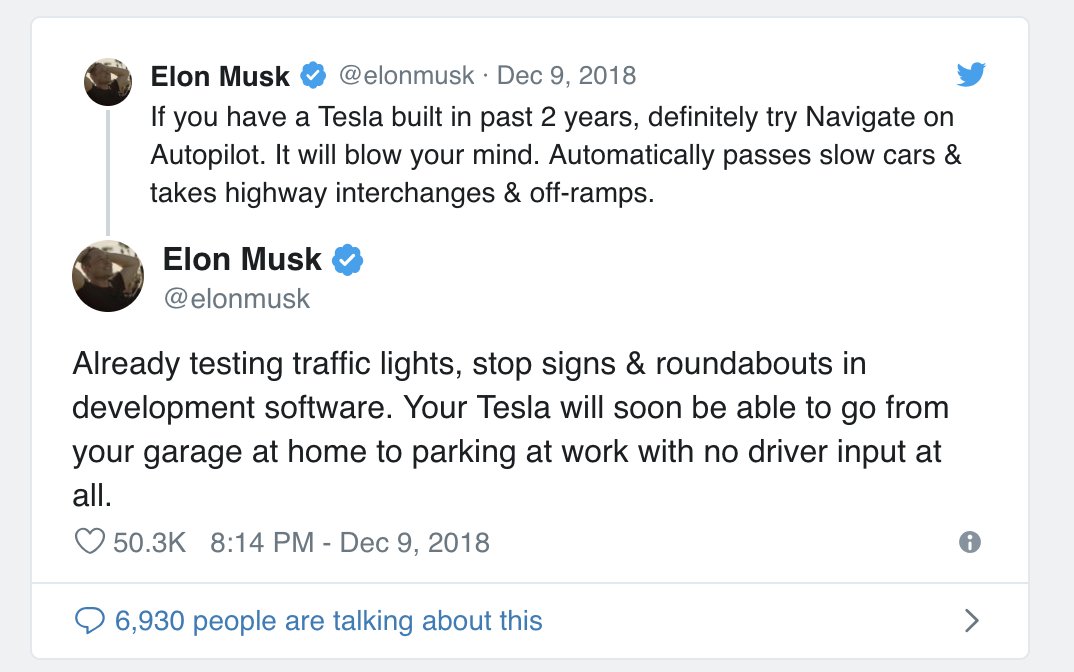Are Tesla’s autonomous cars equal to Google’s?
In December I published an article concluding that Google’s Waymo autonomous car division was well ahead of the competition. I stand by that assessment, and its hardly controversial. But I underestimated how much Tesla’s promotion of its own efforts were confusing customers and potentially investors about their place in the race to fully autonomous vehicles.
Tesla’s driver assistance features are advanced versus many of Tesla’s competition, but its “Autopilot” is a long way from a fully autonomous system. They might be making good progress behind the scenes, however there is limited public evidence for an investor to support a case that Tesla is close to a fully autonomous car or keeping up with Waymo and GM’s Cruise divisions - and reasons to be skeptical.
As far back as 2014 Musk said that 90% of Tesla miles driven in 2015 could be fully autonomous, and in 2015 and 2016 he predicted several times that fully autonomous would be ready in about two years. Obviously that hasn’t happened, but their claims continue. Tesla’s PR about its Autopilot features can sound like the car is already self-driving, and Tesla’s website prominently states there is “Full Self-Driving Hardware on All Cars” before going into detail about features that will be available at some undefined point in the future.
(Click the picture or this link to see the website and scroll down for Tesla's promotion of yet undeveloped features. Its a good lesson in self-promotion!)
Just in December Musk teased in a tweet that Tesla is “testing traffic lights, stop signs & roundabouts in development software” and “will soon be able to go from your garage at home to parking at work with no driver input at all.” And on Tesla’s last earnings call Musk reiterated his claim that Teslas will be fully autonomous sometime around the second quarter of next year, with current models easily upgradable.
So its no wonder that many customers and investors are confused about what a Tesla can and can’t do.
Experts are skeptical of Tesla’s approach to autonomous driving
Tesla’s approach is different to the rest of the industry, and many experts in the field are skeptical.
First they are skeptical about the hardware. Teslas use cameras supported by radar and ultrasonic sensors for machine vision. A new Tesla is equipped with eight cameras, 12 ultrasonic sensors and a forward facing radar.
The rest of the industry is using LIDAR, not radar or cameras, as the primary sensor. LIDAR sensors use laser signals in a similar way to radar, but in contrast produce a very accurate and precise three dimensional image of objects. Google’s Waymo uses three different types of LIDAR sensors, five radar sensors and eight cameras.
This picture graphically shows the difference in precision between LIDAR and radar images. Also imagine this difference on a 3D scale, with LIDAR so precise it can detect which direction a pedestrian is facing or the hand signals from a cyclist:

Musk argues it isn't necessary to use LIDAR, which are currently expensive, and says they are "a crutch" to the rest of the industry. Cameras combined with advancements in machine learning will be sufficient as, after all, that's what human's use.
Tesla's skeptics say that the precision delivered by LIDAR is critical. The decision not to use LIDAR, they say, was forced on Tesla - the company wanted to collect data from their existing fleet and to claim that their cars will be backward compatible, yet couldn't afford to put LIDAR on vehicles. Some believe that Tesla know LIDAR will be necessary and will add this down the track.
Second, they are skeptical about Tesla's approach to testing and data. Tesla has a fleet globally of over half a million cars collecting data, which they claim puts them ahead of the competition. In November Tesla reached the milestone of 1 billion miles driven by customers with the help of Autopilot, and many more miles in “shadow mode” where the driving system is running in the background.
This sounds impressive versus Waymo’s 10 million miles on public roads (plus seven billion miles in simulation).
But we should be careful of direct comparisons. Tesla have limited access to customer driving data, with the car's speed, acceleration and braking as well as short video clips. But this data is anonymous (not connected to a car), probably not contiguous trips, and according to experts likely very difficult to train a system on.
Waymo's data is in a totally different league. It far more detailed, using LIDAR sensors with full 3D imaging, and collecting the full range of contiguous data about their situations. It’s cars are actively making fully autonomous decisions, and recording and evaluating the outcomes of those decisions.
Waymo then build computer models and run simulations with thousands of scenarios. Add a bike rider here or a kid chasing a soccer ball there, and see what happens. So don't take the simulated miles as “cheap” miles versus the real thing but rather as an important step to test the full range of scenarios.
There are some real questions around Tesla’s autonomous progress
In May 2016 Tesla’s Autopilot had its first fatality, killing Josh Brown in Florida. It has since been implicated in more deaths including the death of another customer in March 2018. Tesla cars have crashed into stationary fire trucks and other parked vehicles, though thankfully no one else was killed.
In California, Waymo and Cruise have reported hundreds of thousands of autonomous miles under the state’s test program - along with vital statistics to test progress like the number of disengagements. Tesla reported a few hundred miles in 2016, mostly to do with producing their demonstration video, but in 2017 confirmed it didn’t test autonomous vehicles on state roads. Tesla claims that it is testing via simulation, in laboratories, on test tracks and around the world, as well as in “shadow-mode” on customers cars.
So we don’t have evidence of real autonomous driving or the statistics to compare Tesla’s progress with competitors. That doesn't mean it isn't making good progress, but at best we have to trust its PR and Musk’s tweet in December says they are “testing traffic lights, stop signs & roundabouts in development software” which doesn’t sound very advanced.
What does this mean?
If Musk is right then Tesla will develop a cheaper autonomous system, giving it an advantage, and it will have a lead given the data it has gathered. Tesla may be the first company to develop autonomous technology that works anywhere a human can drive without first building a detailed map.
But if the rest of the industry is right - if LIDAR sensors are necessary (at least in some driving environments), and deliberate gathering of detailed data by fully autonomous vehicles is helpful in building these systems - then Tesla will be reversing course and potentially facing legal claims from customers expecting to be able to upgrade to autonomous driving for their current cars.
The evidence and expert opinion is against Tesla and Musk, but I wouldn’t write off their approach yet. We have learnt that Elon Musk often over promises and misses very public targets, and autonomous driving hasn't been an exception. He also often achieves more than others think is possible. Tesla is making great progress with driver assistance features on a limited budget, better than most automakers, whilst simultaneously disrupting the car industry by accelerating adoption of electric vehicles.
But if you are buying Tesla because of its "lead" in autonomous vehicles be careful of believing the hype.
Want to learn more?
As a boutique, active, core equities investment manager, our aim is simple and effective: to identify opportunities across market cycles and invest in quality, undervalued companies with underestimated forward earnings expectations. Find out more
5 topics



